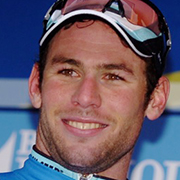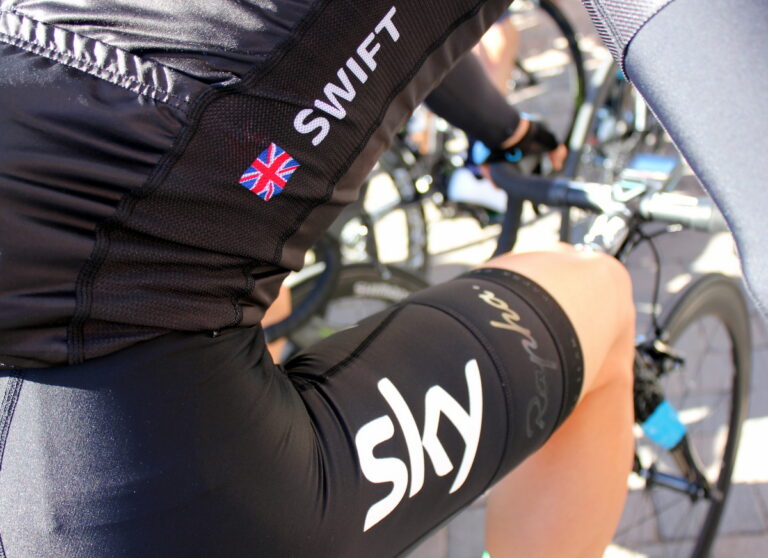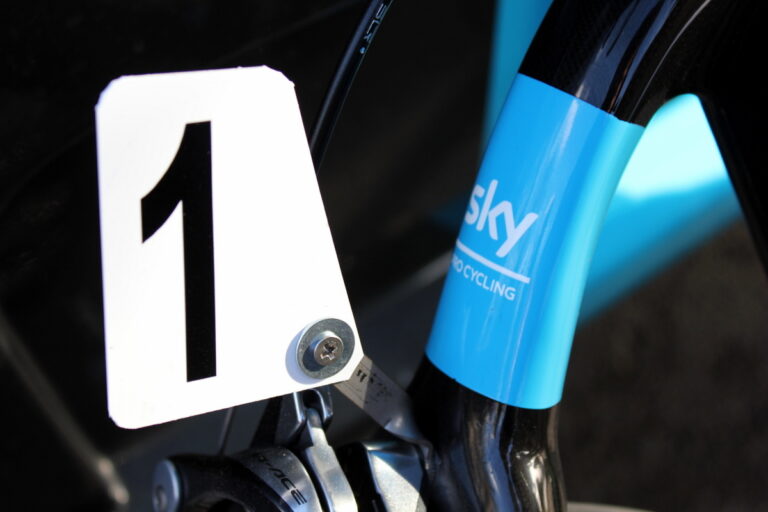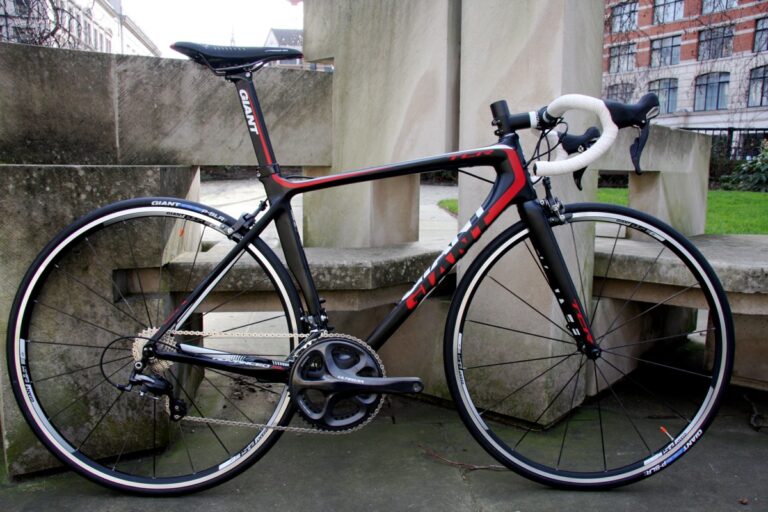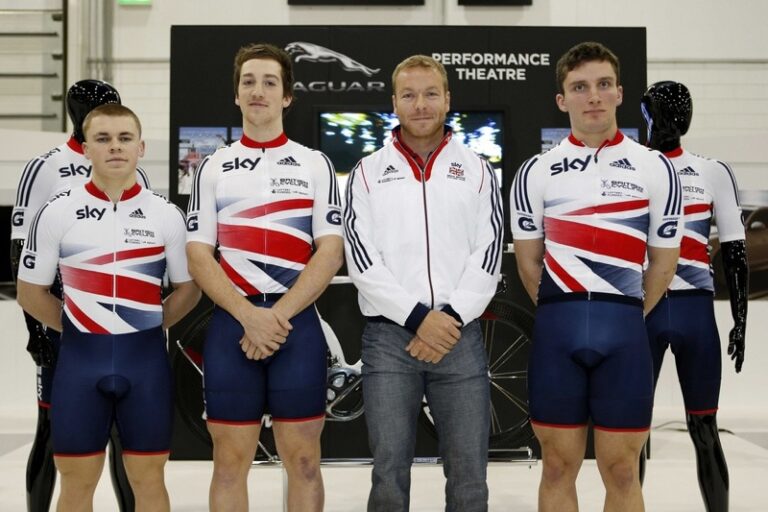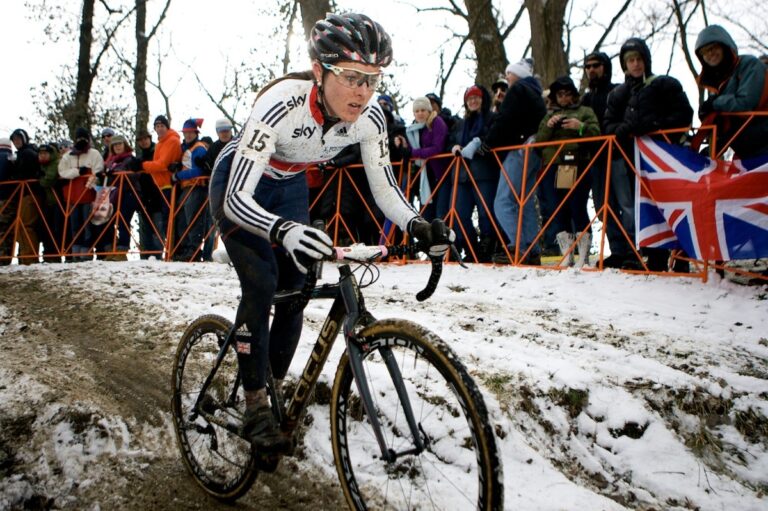2012 was a year that left few in British cycling disappointed.
Riders, organisers, followers, retailers, and even journalists bathed in the satisfaction of seeing the sport they loved go from strength to strength.
Perhaps one man, however, was left with a lingering sense of what might have been, and a burning desire to return to centre stage in 2013: Mark Cavendish.

In the second in our series “Follow that!”, we’ll consider the Manxman’s chances to achieve the biggest prize on offer to him in 2013: a second Tour de France green jersey.
It’s a measure of the former world road race champion’s standards that a season with 12 victories, six in Grand Tours, including a record-equaling fourth triumph on the Champs Elysees, could be greeted with disappointment.
Yet when Cavendish looks back on 2012, he will note three prominent entries in the minus column: failure to achieve his stated goals of a second victory at Milan-San Remo, a second Tour de France green jersey, and a gold medal in the Olympic road race.
Close observers of the sport will perhaps consider only one of those three missed targets a failure. Cavendish was dropped on the climb of La Manie at Milan-San Remo, but his tenacity in the Tour and during the Olympic road race was admirable. A rider so closely focussed on victory is unlikely to allow himself such a positive assessment.
How then does Cavendish seize the biggest opportunity of his 2013 season: another maillot vert?
His 2013 season must necessarily be considered, at least partly, in light of the biggest change since 2012: his transfer to Omega Pharma-QuickStep. The Belgian squad, flushed with funds, success, and a roster of superstars and experienced domestiques will prove either to be the perfect home for Cavendish, or a wrong turn. It is unlikely that a rider of such strong character, and who has joined the squad for the greater support it can offer in the intensely team-oriented environment of a sprint lead out, will merely blend in.
Another consequence of the Manxman’s move to OPQS will be a diminished likelihood of a tilt at Milan-San Remo. The Belgian squad is, unsurprisingly, laden with one-day specialists, and while the Northern Classics proved to be its happiest hunting ground in 2012, it is unlikely OPQS will ride for Cavendish at La Primavera in 2013.
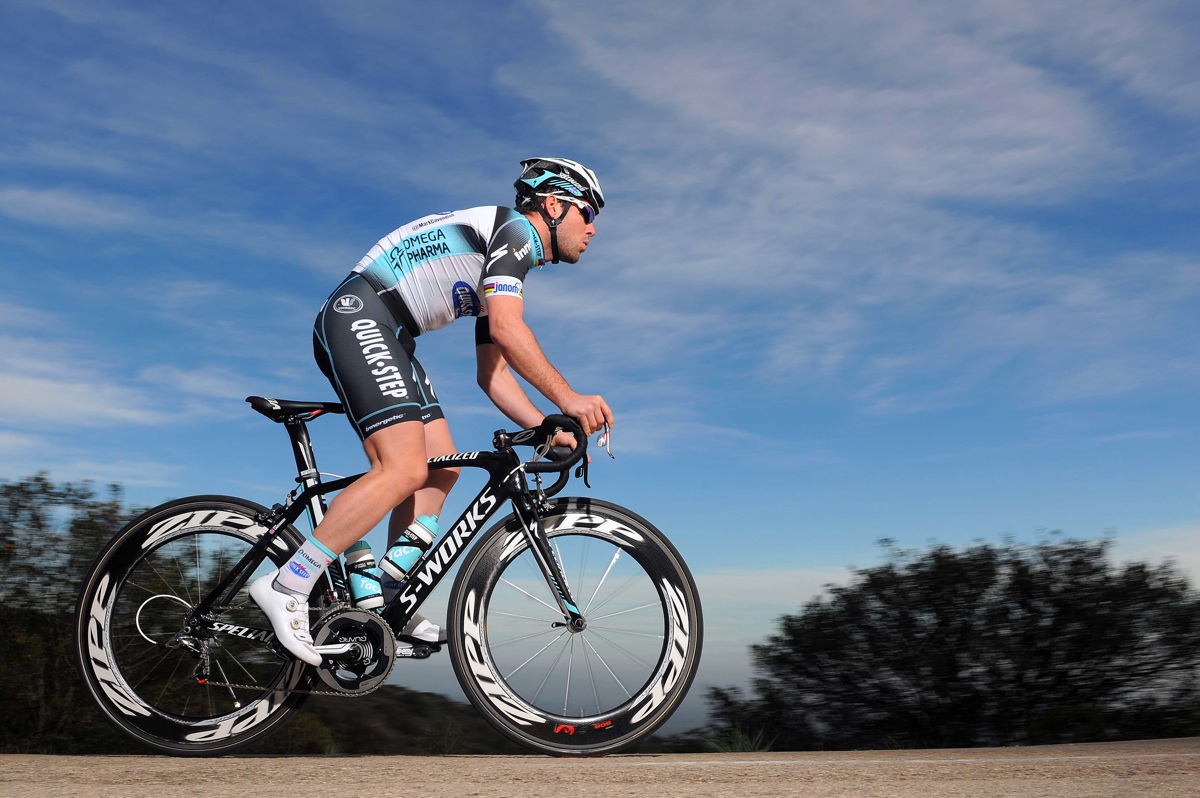
The team is more likely to focus its efforts for Cavendish in stage races, developing the sprint train on which he will rely in July, when it goes head-to-head with those of Andre Greipel (Lotto-Belisol) and Peter Sagan (Liquigas-Cannondale). He will start the season at the Tour de San Luis, won last year for Omega Pharma-QuickStep by the disgraced and subsequently dismissed Levi Leipheimer.
Last year, Cavendish enjoyed early-season success at Tirenno-Adriatico, winning stage two and wearing the red jersey of points leader for two days. His next stage race triumph arrived at the Giro d’Italia, where he notched a hat-trick and came within an ace of another points victory (he lost out narrowly to Katusha’s Joaquin Rodriguez). Cavendish is likely to ride this year’s Giro too, having proved himself eminently capable of performing at the Tour after a testing corsa rosa.
Presuming that the OPQS sprint train has coalesced around Cavendish with sufficient aplomb by July, the Manxman will strike team support from the list of issues to overcome (something he was unable to do last year) and focus instead on the twin challenges of the parcourse and his rivals.
In the case of the former, Cavendish has proved equal to any Tour route previously encountered, and began last July arguably in the best shape of his entire career. The centenary edition is likely to be the toughest he has faced, with the Tour having moved in an opposite direction from the Giro and, more recently, the Vuelta a Espana, in recent years (the Giro was perhaps the happy medium last year between the time-trial heavy Tour and a vertiginous Vuelta).
Cavendish and his fellow sprinters will be forced to grovel over 28 categorised climbs next July, laid out over six mountain stages; four of them contain summit finishes. The final week in the Alps most closely replicates the brutalities of recent Vueltas, but the good news for Cavendish is that six of the flat stages will have been completed by the time the Mont Ventoux looms over him on stage 15. If his mission is to be accomplished, the lion’s share of the work should be done by then, with only Paris remaining of the stages on which he will be expected to battle for victory.
Can he survive the final week and make it to the Champs Elysees? He has never failed to do so before, but he’s never faced a denouement as brutal as the one that awaits him in July: a crippling time trial on a course from Embrun to Chorges on stage 17; a double ascent of Alpe d’Huez on stage 18; a quintet of categorised climbs on stage 19; and a punishing farewell to the Alps on the slopes of Le Semnoz on stage 20.
If the climbs dominated early reports of the 2013 route, the opening stage could be the most significant of all for Cavendish’s legion of followers. Tour organisers have eschewed the prologue time trial format of recent years in favour of a pan flat 212km stage on Corsica which will offer the winner – likely to be a sprinter – a day in the yellow jersey. The maillot jaune would be a significant addition to any wardrobe, even one in which a maillot vert and a rainbow jersey already hang.
Surviving the challenge of the course, while significant, will not be sufficient for Cavendish to claim the cherished prize of a second green jersey. He must also overcome the challenge of his rivals. Two-time winner of the Tour’s points competition, Thor Hushovd (BMC Racing), is likely to return in 2013. Cavendish will also face the formidable challenge of Peter Sagan, winner of the green jersey last year. Among the other sprinters, few are capable of mounting a sustained challenge. Andre Greipel equalled Cavendish for Tour stage victories last year, but an assessment of his results amounts to win-or-bust. Matt Goss (Orica-GreenEDGE) was a consistent top five finisher, but never looked like winning a stage, and claiming the maximum points for a serious tilt at the green jersey.
It’s our belief that 2013 has every chance of being at least as significant for British cycling as 2012, despite the sizable absence of a home Olympic Games. The likely battle of Froome and Wiggins for Tour honours, the UCI World Track Championships, and the Ride London Classic each offer headline-grabbing opportunities for British success. A second green jersey for Mark Cavendish, ideally cemented with victory on the Champs Elysees, would be welcome indeed.

